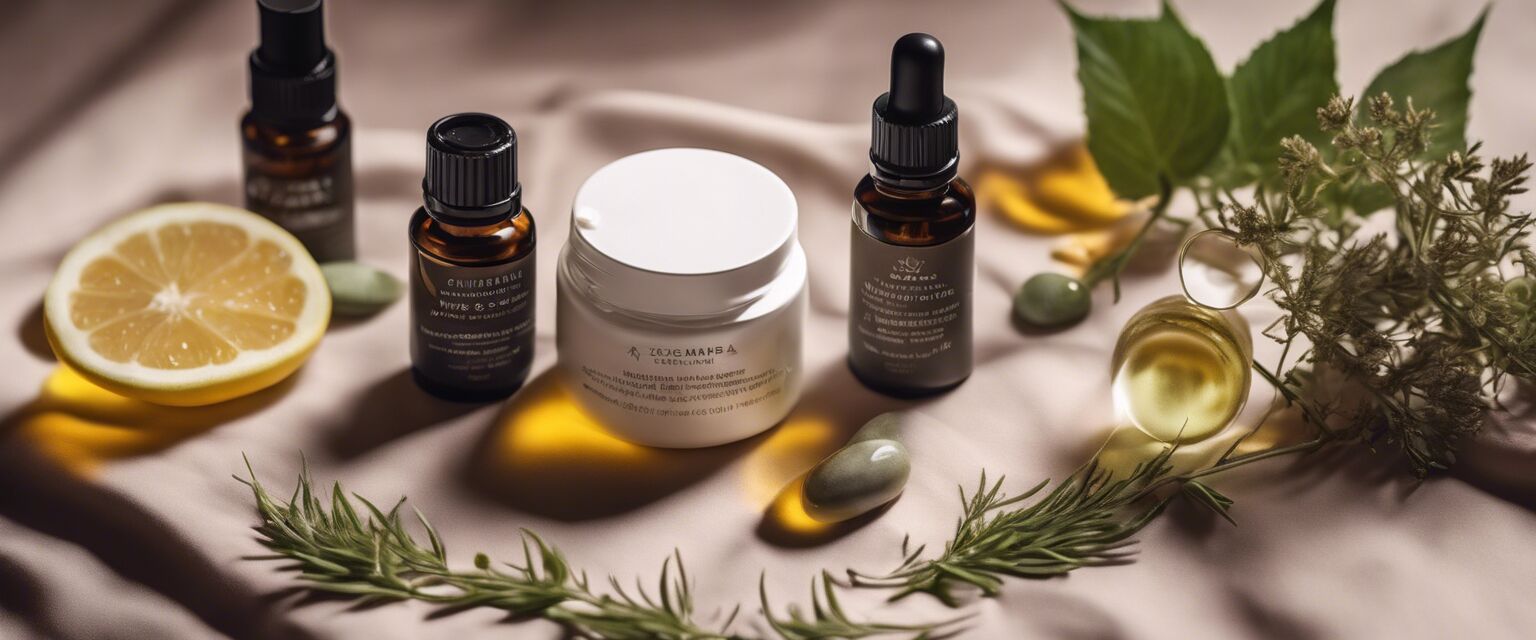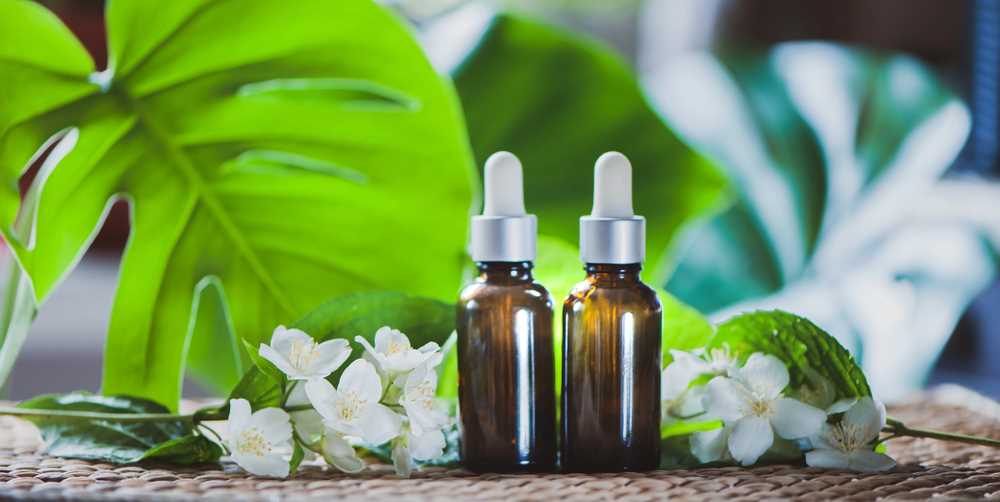
Organic and Natural Skin Care
Key takeaways
- Organic skin care products are derived from natural ingredients free of synthetic pesticides and chemicals.
- Natural skin care offers skin-friendly alternatives that often provide hydration and nourishment.
- Look for certified organic labels to ensure product quality.
- Common organic ingredients include aloe vera, coconut oil, and shea butter.
- The switch to organic can reduce skin irritation and enhance overall skin health.
In recent years, organic and natural skin care has surged in popularity. As more individuals seek products made from safer, eco-friendly ingredients, the market has witnessed an influx of brands prioritizing organic formulations. This article brings you the benefits of using organic and natural skin care products while highlighting some of the top-rated options available for your beauty routine.
Why choose organic and natural skin care?
Organic and natural skincare products are known for their sustainable approach and gentle effects on the skin. Below, we analyze why you should consider making the switch.
| Benefits | Description |
|---|---|
| Reduced Irritation | Organic ingredients often have soothing properties, which may help minimize skin irritation and allergic reactions. |
| Eco-friendly | These products promote sustainability by using biodegradable materials and reducing pollutants. |
| Rich Nutrients | Natural ingredients provide essential vitamins and minerals that nourish the skin. |
| Transparency | Brands that focus on organic products typically disclose all ingredients, promoting trust and safety. |
Top ingredients in organic skincare
Understanding the key ingredients in organic skin care can help you make informed purchasing decisions. Here are some popular components:
- Aloe Vera: Known for its moisturizing and soothing properties.
- Coconut Oil: A natural hydrator that seals moisture in the skin.
- Shea Butter: Offers intense hydration and helps in repairing skin's barrier.
- Jojoba Oil: Mimics skin's natural oils, providing excellent hydration.
- Green Tea Extract: Rich in antioxidants, it helps protect skin from damage.

Navigating Organic Skincare Products
With so many organic skincare brands on the market, it can be overwhelming to choose the right one. A great way to start is by focusing on key certifications that align with your values and skincare needs. Here are a few popular certifications you can look for:
| Certification |
Description |
|---|---|
| USDA Organic |
Products bearing this certification have met strict guidelines for organic ingredients and production processes. These are great for consumers looking for skincare that is free of synthetic chemicals and pesticides. |
| EcoCert |
This European certification guarantees that products contain a high percentage of natural ingredients and have been produced using environmentally friendly practices. |
| Fair Trade Certified |
When you see this label, it means the ingredients are sourced ethically, ensuring fair wages and safe working conditions for farmers and workers. |
| Non-GMO Project Verified |
Skincare products with this label ensure that no genetically modified organisms (GMOs) are present, making it a good choice for those who prefer a natural and unmodified ingredient base. |
How to transition to organic skincare
Making the switch to organic and natural skin care can feel daunting, but it doesn't have to be. Here are some tips to help you transition smoothly:
Tips for beginners
- Start slowly by replacing one product at a time.
- Check for certifications to ensure the products are truly organic.
- Read reviews and do research on brands before purchasing.
- Observe how your skin reacts to new products and adjust accordingly.
- Consider DIY options using natural ingredients for easy-to-make skincare solutions.
Potential concerns with organic skincare
Although organic and natural products have numerous benefits, there are some considerations to keep in mind:
Pros
- Fewer harmful chemicals in your skin care regimen.
- Better for the environment and animal welfare.
- Support for small, sustainable businesses.
Cons
- Some organic products may be more expensive than conventional options.
- Natural ingredients might have shorter shelf lives.
- Not all products labeled as "natural" are organic; verify certifications.
Conclusion
Incorporating organic and natural skin care into your routine can be a wonderful way to promote healthy, radiant skin while being mindful of our planet. With an array of products on the market, it's easier than ever to make informed choices tailored to your skin's needs. Explore our facial care section for more organic options suited to your beauty regimen.
Explore more on Skin Revive
To learn more about various skin care categories, be sure to check out:








